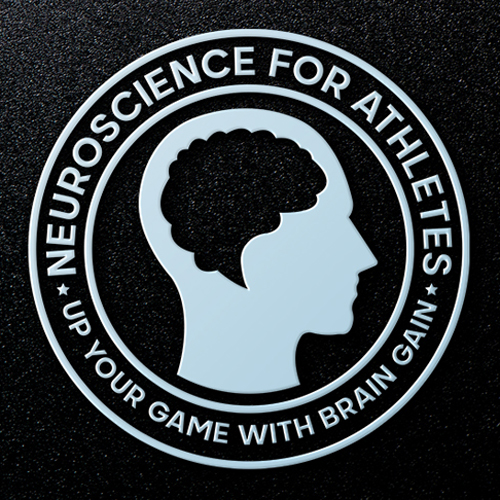Athletic performance is not just about training and practice but also about rest and recovery. The body and brain need time to rest, recover, and regenerate to perform at their best. In this blog post, we will explore the neuroscience of recovery and provide practical tips for athletes to optimize their rest and regeneration.
The Science of Recovery
Recovery is a complex process that involves multiple physiological systems, including the brain, nervous system, endocrine system, and immune system. During recovery, the body repairs and regenerates cells, flushes out waste products, and restores energy and nutrients. The brain also needs time to rest and process information, consolidate memories, and maintain mental health.
Practical Tips for Optimizing Recovery
Prioritize sleep: Sleep is essential for physical and mental recovery. Athletes should prioritize sleep and aim to get at least 7-8 hours of sleep each night. This may require creating a sleep-conducive environment, developing a bedtime routine, and managing stress and anxiety.
Proper nutrition: Proper nutrition is essential for recovery. Athletes should eat a balanced diet that includes a variety of whole foods such as fruits, vegetables, lean protein, and healthy fats. They should also hydrate well to ensure that their body and brain have the nutrients and energy they need to function at their best.
Active recovery: Active recovery involves low-intensity exercise that promotes blood flow, flexibility, and mobility. This can include activities such as yoga, stretching, or light aerobic exercise. Active recovery can help reduce soreness, improve circulation, and enhance the body’s natural recovery processes.
Mental rest: Mental rest is essential for recovery. Athletes should take time to disconnect from technology, social media, and other distractions that can interfere with mental rest. They can also practice techniques such as mindfulness, meditation, or visualization to help the brain rest and regenerate.
Manage stress: Stress can interfere with recovery and lead to burnout. Athletes should manage stress by practicing techniques such as deep breathing, progressive muscle relaxation, or cognitive-behavioral therapy. They can also seek support from coaches, teammates, or mental health professionals to manage stress and promote mental well-being.
In conclusion, recovery is essential for athletic performance and overall health. Athletes can optimize their recovery time by prioritizing sleep, proper nutrition, active recovery, mental rest, and stress management. By taking care of their body and brain, athletes can avoid burnout, improve performance, and achieve their goals in sports over the long term.

